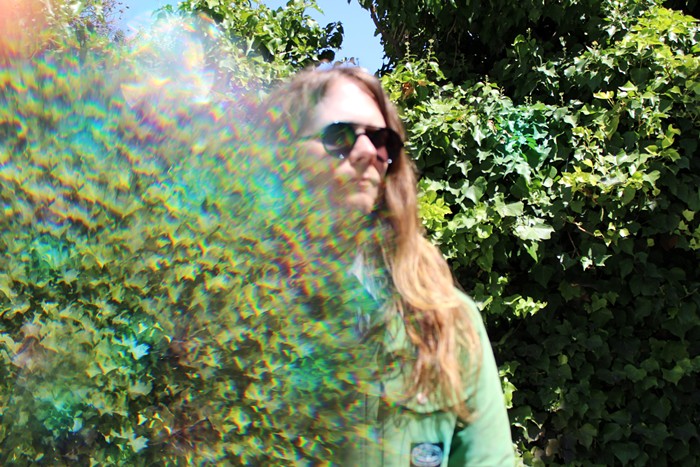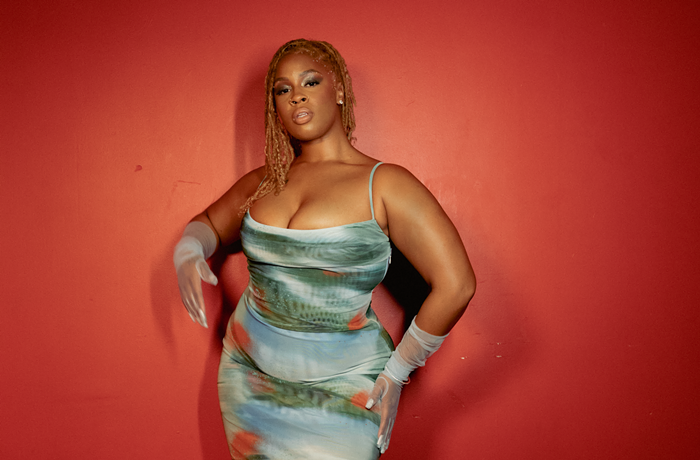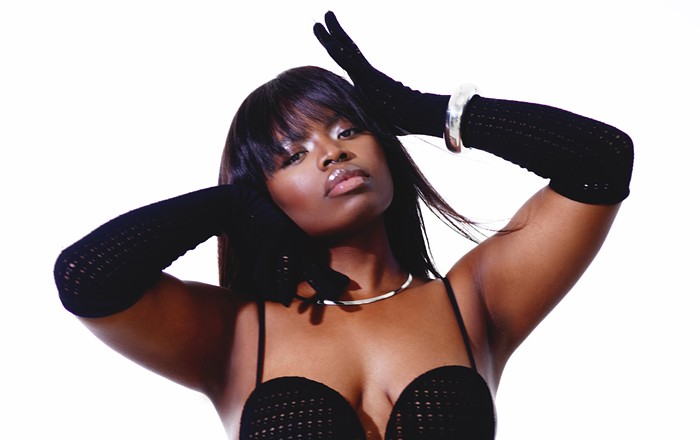AMERICA is a peculiar place. Here you can find fully suited cowboys saddled up and riding the frontage roads as if the freeway were just another wily river of taillights and concrete tributaries. Here you can abandon your inherent navigational instincts while walking the mimeographed landscapes of a big-box store 1,000 miles from your hometown; aisle five is the same in Lincoln as it is in Lowell. Here natives exist most frequently in roped off, designated areas. And here one can constantly feel the plates shifting—the seismic waves of nostalgia and pro-gress, prosperity and despair—beneath a country that grew up too quickly.
Somewhere in the middle of all this hollering is Gillian Welch. She's a reformed New York/California city girl filled with music made to echo down the Great Appalachian Valley. She moved to Nashville with hopes of channeling the Stanley Brothers or whatever spirits possessed Neil Young's Harvest; she was three decades too late. She won hearts with her 1996 debut, Revival, carried on the momentum with 1998's Hell Among the Yearlings, and damn near perfected that pawing, autumnal American sound with 2001's Time (The Revelator) (which was also, coincidentally, the first album co-written entirely with preternatural partner, guitarist David Rawlings). 2003's Soul Journey hit with more blithe and spirited full-band arrangements, which Welch once said was her only album meant for "driving down the highway in the middle of the summer."
But soon it seemed like time was passing too quickly, and though the pair continued to play her songs, even swapping roles for a time—Rawlings took the reins as lead vocalist with Dave Rawlings Machine, whose tour included Welch—the years without new Welch material were piling up, each more gaping than the last.
"This is the beautiful thing about a lot of people's first records, it's just this glor-ious, naive outpouring," explains Welch, in a tangential reflection regarding her artistic plight. "Then what happens so often is that naiveté deserts people—people are changed by the world—and some never figure out how to do what they love in a more conscious way."
Luckily, according to Welch, something snapped at 2010's Hardly Strictly Bluegrass festival held in San Francisco's Golden Gate Park every October. "There on stage, my level of self-disgust that I still didn't have new songs and a new record to play finally just exploded. I think Dave and I finally just said, 'Enough. We can't stand it anymore,' and we literally wrote a song a week for the next couple months."
The first night Welch and Rawlings put up the microphones in their newly restored Woodland Sound Studio—a famous space they purchased in 2002, with hopes of raising the astral bluegrass ghosts of Comes a Time and the first Will the Circle Be Unbroken—they started getting masters. Those microphones didn't move again.
And what resulted from that eight-year period of dormancy is easily the most boldly confident and pervasive work Welch and Rawlings have crafted to date. The Harrow and the Harvest showcases a blaring nostalgia for those Blue Ridge Mountain blues, which walks alongside more contemporary nuances—the forward-looking self that gets through the day regardless of hard times and the pains of progress, and the cowboy by the highway.
In Harrow's 10-song duration, you'll find new warmth and old demons in "Tennessee," in addition to bouts of sedated, fuck-it-all complacency (à la Neil Young's "On the Beach") on the bone-chilling "The Way It Will Be," as Welch sings, "I can't say your name/without a crow flying by." Later, asthmatic harmonica and hambone percussion soar over an earnest, plucky banjo in the recording's most outwardly traditional tune, "Six White Horses." And all along, the ship is steered by Welch's completely and indescribably beautiful voice, whose unwavering sturdiness creates a blank, sprawling canvas for Rawlings' unusual harmonies. It's clear the pair finally shares one musical existence, as if they've all but coalesced musically.
Welch continues, "I think change finds so many people silent and they stop creating, and I feel like Dave and I got through one of those rough patches, where the world changes you or you change, and your creative process is different. Dave and I figured out our stride. We figured out how to work again." And it's a blessing they did, for it's difficult to imagine how fall days and balmy nights, short jaunts and long journeys would suffice without the music of Gillian Welch; lord knows this place is strange enough.



















